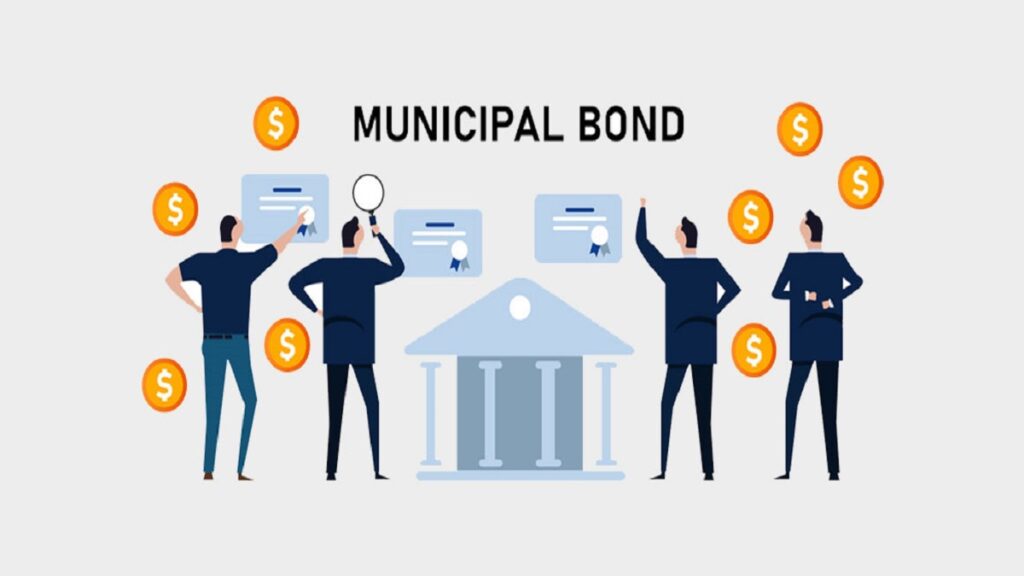Introduction: The Future of Urban Funding Lies in Public Municipal Debt
India’s cities are expanding faster than ever — demanding better roads, clean water, sustainable waste management, and resilient transport systems. Yet municipal bodies often face a shortage of long-term funds. To bridge this gap,
publicly issued municipal debt securities have emerged as a reliable solution.
These instruments, often called
municipal bonds, allow city governments and urban local bodies to raise funds directly from investors through the capital market. The proceeds are used for infrastructure projects that improve citizens’ lives and strengthen local economies.
IndiaIPO.in, a leading financial consultancy and advisory platform, helps municipalities structure, execute, and list their public issues of municipal debt securities efficiently, aligning with SEBI and RBI regulations.
What Are Publicly Issued Municipal Debt Securities?
Publicly issued municipal debt securities are bonds or debt instruments issued by municipal corporations or local bodies to the public. Unlike private placements, a
public issue is open to all investors—retail, institutional, or high-net-worth individuals.
Investors buy these bonds for a fixed interest return, while municipalities receive upfront funding to finance infrastructure projects. It’s a
mutually beneficial mechanism:
- Municipalities access long-term, low-cost capital.
- Investors diversify portfolios with stable, government-linked instruments.
- Cities build better infrastructure without excessive tax dependency.
These securities are usually listed on recognized stock exchanges such as
NSE or
BSE, promoting liquidity and transparency.
Why Municipal Debt Securities Are Crucial for India’s Growth
- Bridging the Infrastructure Financing Gap
India’s urban infrastructure requires trillions in investment. Publicly issued municipal bonds enable cities to directly tap capital markets for sustainable funding.
- Improving Financial Transparency
Municipalities must publish audited accounts, project details, and disclosures to issue bonds. This promotes financial discipline and public accountability.
- Enhancing Creditworthiness
Regular issuance of municipal debt securities improves a city’s credit rating over time—reducing future borrowing costs.
- Encouraging Citizen Participation
Residents can invest directly in their city’s growth, earning interest while contributing to development.
- Supporting Smart City Goals
The Smart Cities Mission encourages innovative financing tools, and municipal bonds align perfectly with its objectives.
Step-by-Step Process of Public Municipal Debt Issuance
- Project Identification & Feasibility
Municipal authorities identify eligible infrastructure projects and evaluate expected revenue streams.
- Approval from Governing Authorities
City councils or municipal boards pass resolutions approving the bond issue, often with state government concurrence.
- Credit Rating Assessment
A credit rating agency (like CRISIL, CARE, or ICRA) evaluates the issuer’s financial health to determine risk levels.
- Structuring the Issue
With expert consultants like IndiaIPO.in, the bond’s coupon rate, tenure, repayment schedule, and other terms are finalized.
- Preparation of Offer Document
Detailed disclosures and a prospectus are prepared in accordance with SEBI (Issue and Listing of Municipal Debt Securities) Regulations.
- Appointment of Lead Managers
Merchant bankers, underwriters, and registrars are appointed to manage subscriptions and investor relations.
- Public Issue Launch & Subscription
The bonds are offered to the public through online and offline platforms. Investors apply via their demat accounts.
- Listing on Exchange
Once issued, bonds are listed on the NSE or BSE for secondary market trading, enhancing liquidity.
- Post-Issue Compliance
Regular disclosures, interest payments, and audits maintain investor confidence and regulatory compliance.
Key Risks and Mitigation in Municipal Debt Securities
Even though municipal debt securities are low-risk instruments, they face challenges such as:
- Credit Risk: Managed through escrow accounts, guarantees, and project cash-flow monitoring.
- Liquidity Risk: Listing ensures tradability on major exchanges.
- Regulatory Complexity: Compliance expertise from IndiaIPO.in helps navigate SEBI norms efficiently.
- Investor Awareness: Investor education and transparent communication build trust and participation.
With the right structure and compliance, these risks are minimized—making municipal debt a strong pillar of urban finance.
Future Outlook: The Rise of Municipal Debt Markets in 2025
With the
SEBI 2024–25 reforms, more municipal bodies are expected to tap capital markets. Investors, too, are showing interest in ESG-linked and green municipal bonds. As India’s bond market deepens,
publicly issued municipal debt securities will become a cornerstone of city development financing.
IndiaIPO.in’s consulting expertise will help municipal corporations adapt to evolving disclosure norms, technology-enabled issuance platforms, and investor expectations.
Conclusion: Empowering Cities, Empowering India
Publicly issued municipal debt securities represent a future where
cities fund their own progress transparently and efficiently. For municipal bodies, this is not just about borrowing — it’s about
building credibility, financial discipline, and trust.
IndiaIPO.in stands as your strategic partner, offering consulting, structuring, and compliance expertise for successful public municipal debt issuances. Together, let’s shape smarter, stronger, and more financially resilient cities.
📞
Contact IndiaIPO.in today to explore how your municipal body can issue public debt securities and unlock new growth possibilities.



